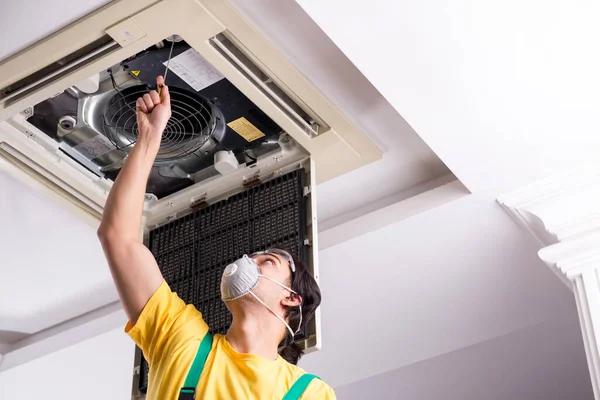Regular maintenance by an HVAC contractor plays a crucial role in saving money over time by ensuring heating, ventilation, and air conditioning systems operate efficiently and reliably. When HVAC equipment is routinely inspected and serviced, potential problems can be identified early before they escalate into costly repairs or complete system failures. This proactive approach not only extends the lifespan of the unit but also reduces unexpected breakdowns that often lead to expensive emergency services.
One of the primary ways regular maintenance saves money is through improved energy efficiency. An HVAC system that is clean and properly adjusted uses less energy to heat or cool a space. Over time, dust buildup, clogged filters, worn components, or refrigerant leaks can cause the system to work harder than necessary. This extra effort increases utility bills significantly. By having an experienced technician clean coils, replace filters, check refrigerant levels, and calibrate controls during scheduled visits, homeowners and businesses benefit from lower energy consumption without sacrificing comfort.
Additionally, routine inspections allow contractors to spot small issues such as loose electrical connections or minor mechanical wear that might otherwise go unnoticed until they cause more serious damage. Addressing these concerns early prevents parts from failing prematurely and avoids labor-intensive repairs that come with higher costs for both parts and service calls. Regular tune-ups help keep all elements functioning smoothly together which maintains optimal performance throughout the entire Long Heating and Cooling +air conditioning repair season.
Another financial advantage comes from maintaining manufacturer warranties on HVAC systems. Many manufacturers require proof of regular professional maintenance for warranty coverage to remain valid. If a problem arises under warranty conditions but proper upkeep was neglected, repair costs may fall entirely on the owner’s shoulders rather than being covered by warranty protections.
Furthermore, scheduled servicing improves indoor air quality by ensuring filters are changed regularly and ventilation pathways remain clear of contaminants like mold or pollen buildup within ductwork components. Better air quality contributes indirectly to savings by reducing health-related expenses due to allergies or respiratory issues triggered by poor indoor environments.
In summary, investing in regular maintenance performed by qualified HVAC contractors leads to substantial cost savings through enhanced energy efficiency, prevention of major repairs via early problem detection, compliance with warranty requirements protecting against out-of-pocket expenses for defects covered under warranty terms as well as promoting healthier living spaces which reduce other indirect costs related to poor air quality indoors. Consistent care keeps systems running optimally year after year while minimizing disruptions caused by unexpected malfunctions that could strain household budgets unnecessarily if ignored over long periods without professional attention.

